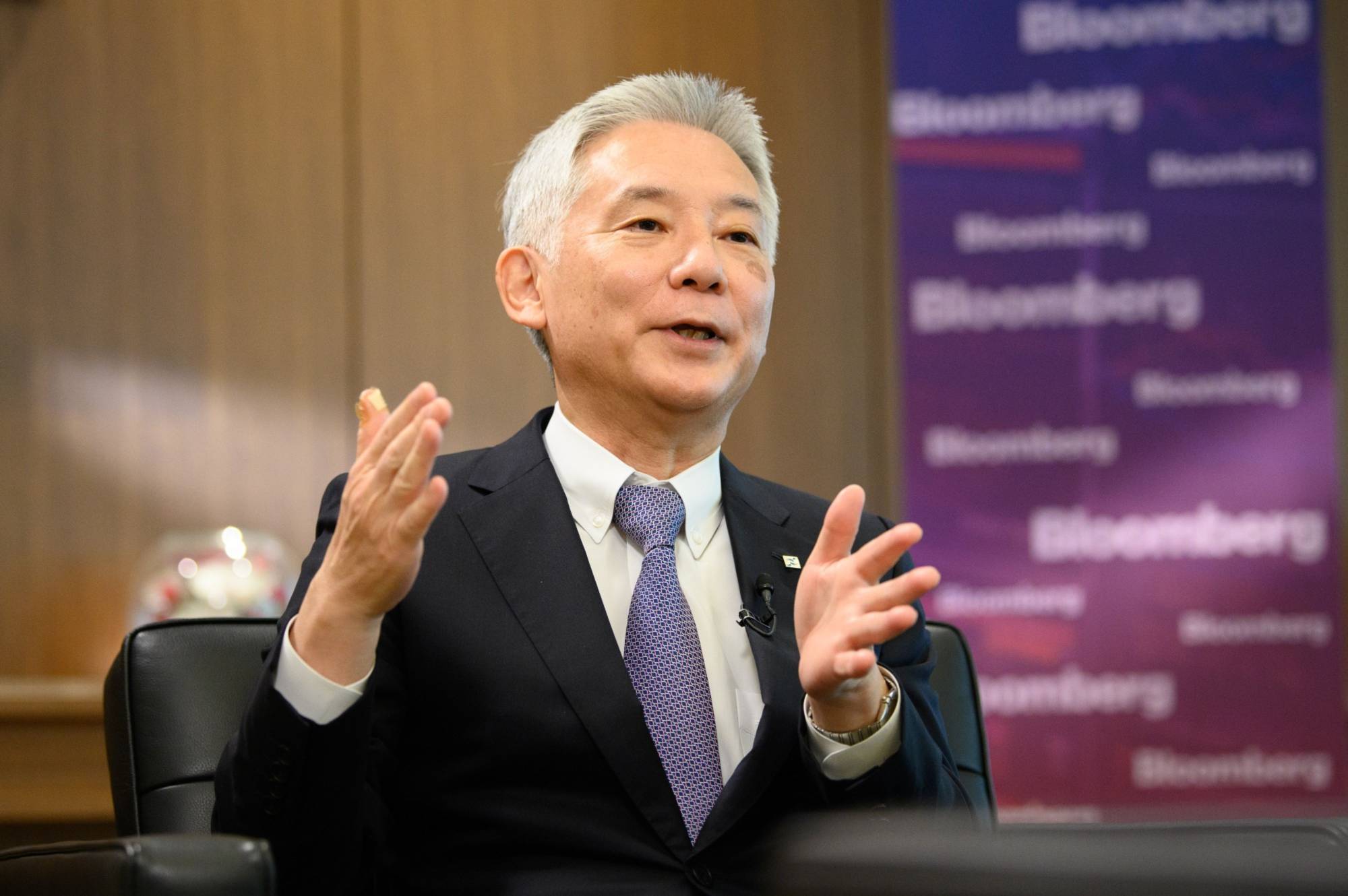It’s a potential leap in technology that most scientists remain skeptical about, but which a Japanese paper producer is determined to pursue: using trees to develop a successor to lithium-ion batteries for electric cars.
Nippon Paper Industries Co. is targeting new breakthroughs in the use of cellulose nanofibers — materials produced by refining wood pulp to the size of hundredths of a micron or smaller, and currently used in products like diapers or food additives — with the aim of creating supercapacitors that could store and release energy with vastly improved performance, and less environmental impact, than existing batteries.
"We must move faster in working with other companies to find practical uses,” Toru Nozawa, Nippon Paper’s chief executive officer, said in an interview. Cellulose nanofiber-based supercapacitors could "be applied for areas where lithium-ion batteries are used, such as cars and smartphones.’’ The firm aims to have a pilot energy storage system ready for demonstration at the World Expo in Osaka in 2025, and to fully commercialize the technology by a decade later.



